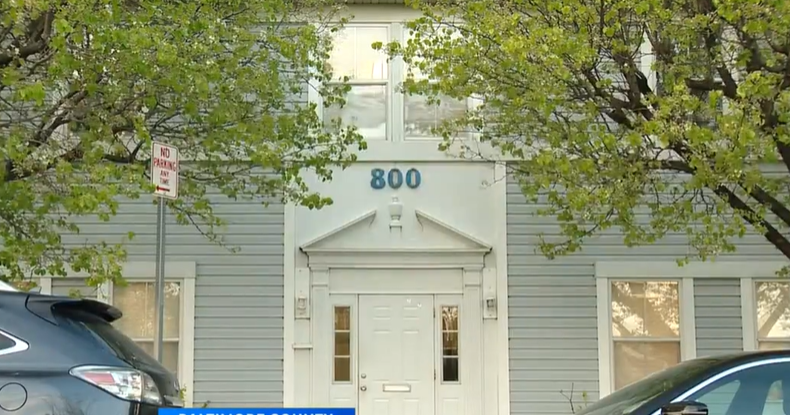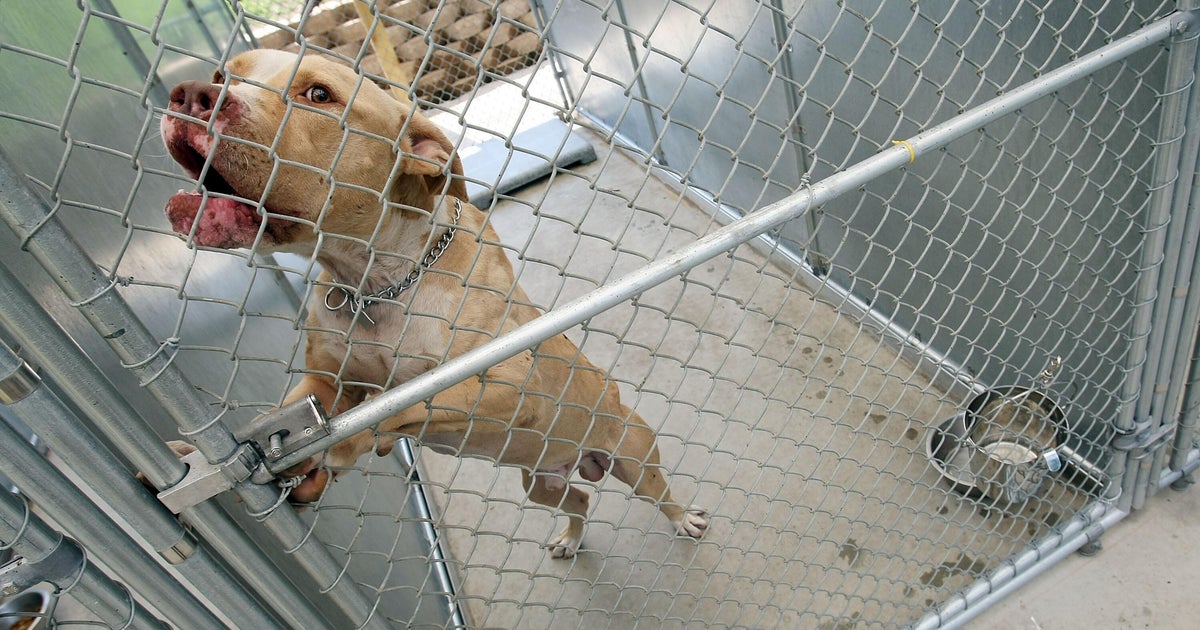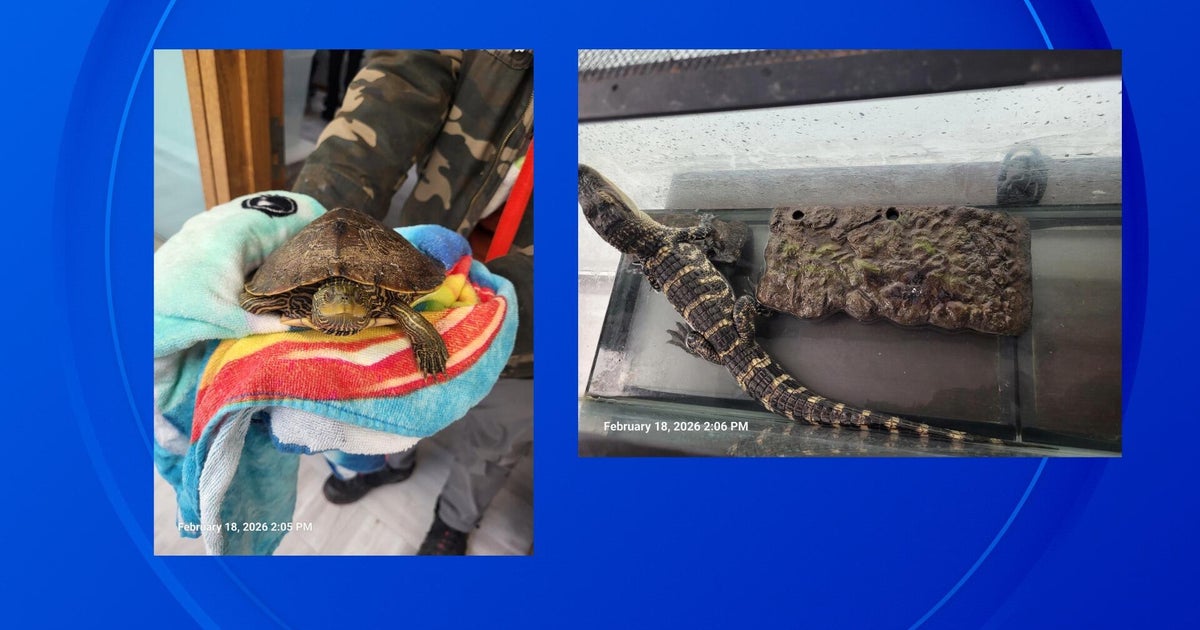Texas Vets: Pets Can Help With Cancer Research
HOUSTON (AP) - Leading Texas veterinarians are mobilizing to enlist pets in the testing of experimental cancer therapies, a potential benefit to not just dogs and cats but people.
The veterinarians recently set up a registry they hope will connect pet owners and cancer researchers and show that diseased pets -- dogs in particular -- are better predictors of the efficacy of new cancer drugs and devices in people than mice, oncologists' favorite test subject historically.
"Dogs may be man's best friend in more ways than one," says Dr. Theresa Fossum, a Texas A&M professor of veterinary surgery and founder of the Texas Veterinary Cancer Registry. "Because they suffer from cancers that are nearly identical to those in humans, but quicker to run their course, they can speed up and make more reliable the process of determining whether a therapy will work."
Veterinarians are just starting to get the ear of cancer researchers, who don't reflexively think of naturally occurring disease models that go home with their owner, Fossum said. The Cancer Prevention and Research Institute of Texas recently rejected a grant application because "housing the dogs would be so expensive," says Fossum. The application will be resubmitted to specify that the treated pets would remain with their owners.
Texas veterinary oncologists are hoping the registry can help change attitudes by providing a database of dogs and cats diagnosed with cancer that could be candidates for clinical research. The registry identified its first patient in November, an 8-year-old Great Pyrenees with bone cancer.
Instead of the standard treatment, amputation, Rowdy got an experimental procedure: radiation injected into 22 tiny holes drilled directly into the bone cancer. Two months later, Rowdy's owner reports he is running around symptom-free, though Fossum stresses the six-month check-up will be the big test.
The procedure's success in a dog trial would bode well for people with the disease -- particularly children. Osteosarcoma, Rowdy's cancer, is the sixth most common form of childhood cancer. One in 3 diagnosed with the disease die from it.
The idea of using animals' naturally developing cancers as models for human disease goes back a decade but has never taken off.
"It's a great concept, but the problem has always been the lack of infrastructures pairing researchers and patients," said Dr. Peggy Tinkey, chair of veterinary medicine and surgery at the University of Texas M.D. Anderson Cancer Center.
That's where the new cancer registry comes in. Owners of dogs and cats diagnosed with the disease are being asked to register their pet at http://texasvetcancerregistry.com/, already up and running though the official launch isn't scheduled until this spring. Registry staff will contact the pet's vet for more information, then look for potential research matches.
There should be no shortage of candidates. There are 77.5 million owned dogs in the United States and a fourth will develop cancer -- including those in the bone, breast, pancreas, liver, prostate, lung and skin. Veterinarians report that owners increasingly want to treat them, at around $5,000, but the options can be limited.
The technology used in Rowdy's case was pioneered at a Houston company, Valco Instruments, that makes very small, precise instruments used in laboratories. After his dog was diagnosed with bone cancer, the company's president developed a drill that can open holes the size of human hairs to deliver radioactive isotopes that pinpoint the tumor and don't damage surrounding tissue.
"It sounded perfect," said Rowdy's owner, Kate Cordts, a librarian in San Antonio. "Rowdy's such an active, happy-go-lucky dog -- I just didn't have the heart for amputation."
For all their benefits, pets won't ever replace lab mice as cancer test models. For one thing, mice are perfect specimens for engineering genetic impairments and studying precisely targeted genes or pathways suspected to be involved in a disease. For another, they're better for establishing initial safety, necessary before experimenting in pets.
Still, Fossum thinks pets can play an important role. She notes that one reason it costs $1.2 billion, probably more, to get a new drug on the market is that most fail in clinical trials. Mice simply aren't good disease predictors, she says, not like dogs and cats, which live with people, have intact immune systems and probably develop cancer for the same reasons.
The pet cancer registry is just the beginning. Fossum has plans, once she gets grant money, to launch pet registries for heart and kidney disease too.
(© Copyright 2012 The Associated Press. All Rights Reserved. This material may not be published, broadcast, rewritten or redistributed.)







